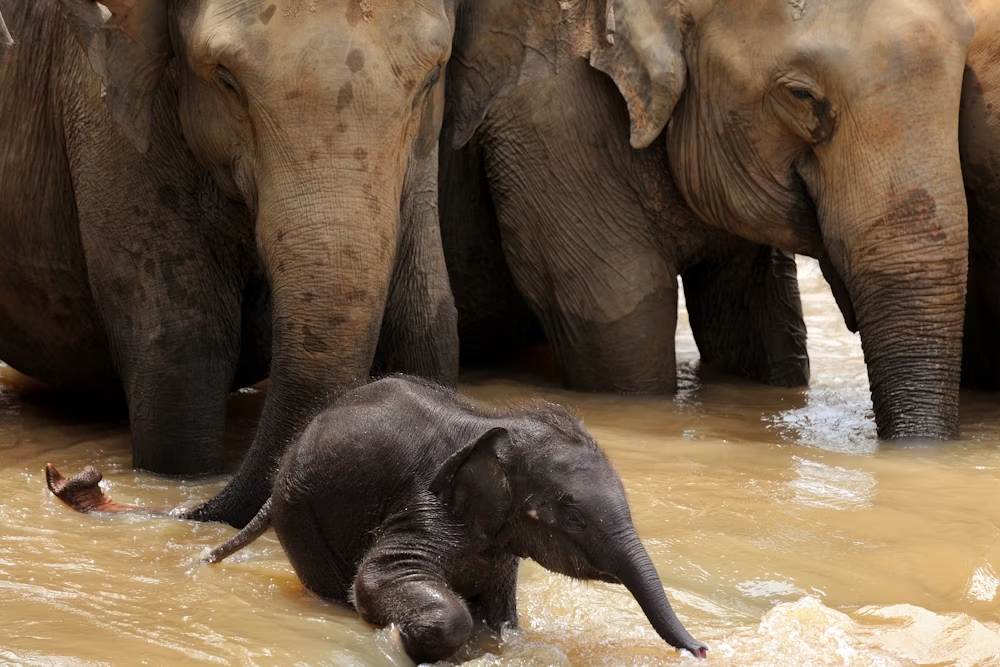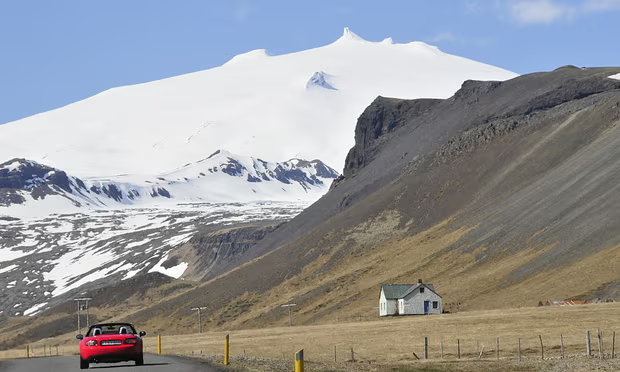If Corporations Are People, Then Animals Should Be Too
In a thought-provoking article from The New Republic, the author delves into the concept of extending legal personhood to nonhuman entities as a means to protect them before it’s too late. The piece begins by confronting the harsh reality of the climate and mass extinction crises, emphasizing our lack of understanding of the full scope of what we stand to lose.









